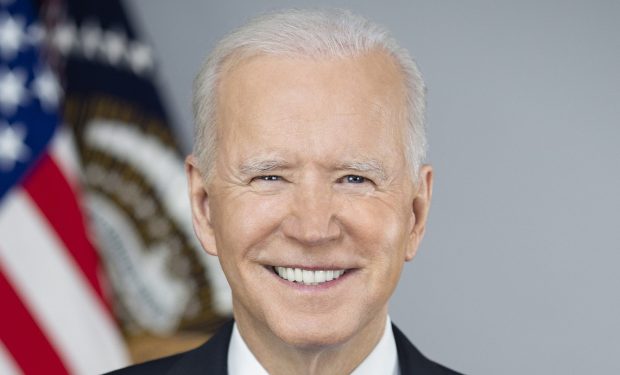Since Harry Truman was President of the United States, Republican and Democratic presidential nominees have received intelligence briefings. Truman launched the ritual to facilitate a frictionless transition of power and to prepare a prospective commander-in-chief for office.
[Note: After World War II, Truman signed the National Security Act of 1947 which created the Central Intelligence Agency (CIA) and the National Security Council.]
The idea of handing over sensitive intelligence documents to the presumptive GOP nominee Donald Trump — who was arrested and charged with 37 counts related to the mishandling of more than 100 classified documents containing secrets that pertained to national security — has Democrats concerned. Ensuring a smooth transition of power — the ostensible purpose of the briefings — is also fraught, since Trump is being prosecuted for blocking the transition of power to Joe Biden after the 2020 election.
Rep. Adam Schiff (D-CA), who’s running for the U.S. Senate, said he assumes the intel briefing will be “dumbed down” for Trump and that he’ll receive “no more information than is absolutely necessary.”
Rubio argues that Donald Trump needs to have intelligence briefings and says not providing Trump with intelligence briefings is “election interference” pic.twitter.com/YKZAQVWQCv
— Acyn (@Acyn) March 11, 2024
Senator Marc Rubio (R-FL) says Trump should receive what any other candidate should receive and asserts that “anything short of that is election interference.” The election interference accusation is strange, since nothing shared in top secret security briefings would be part of either candidate’s campaign agenda.
Rubio complained more generally about Trump being treated differently than previous nominees. Yet no other former POTUS has been indicted for mishandling documents and for obstruction when asked to return the sensitive information.
Former National Security Advisor John Bolton, who worked in the Trump administration and has since become a critic of the former president, said he was “perplexed” to learn that the Biden administration would allow Trump to receive the customary briefings.
Despite the custom, the White House maintains a great deal of discretion as to which information to disclose to the nominees, as the long-standing practice of briefing the nominees is not required by law. [NOTE: in the case where the incumbent is not running, two candidates outside the Oval Office normally receive the briefings.]
According to the AP, “The sitting president has the final decision on how much information is disclosed to the president-elect; typically that includes access to the entire President’s Daily Brief.”
